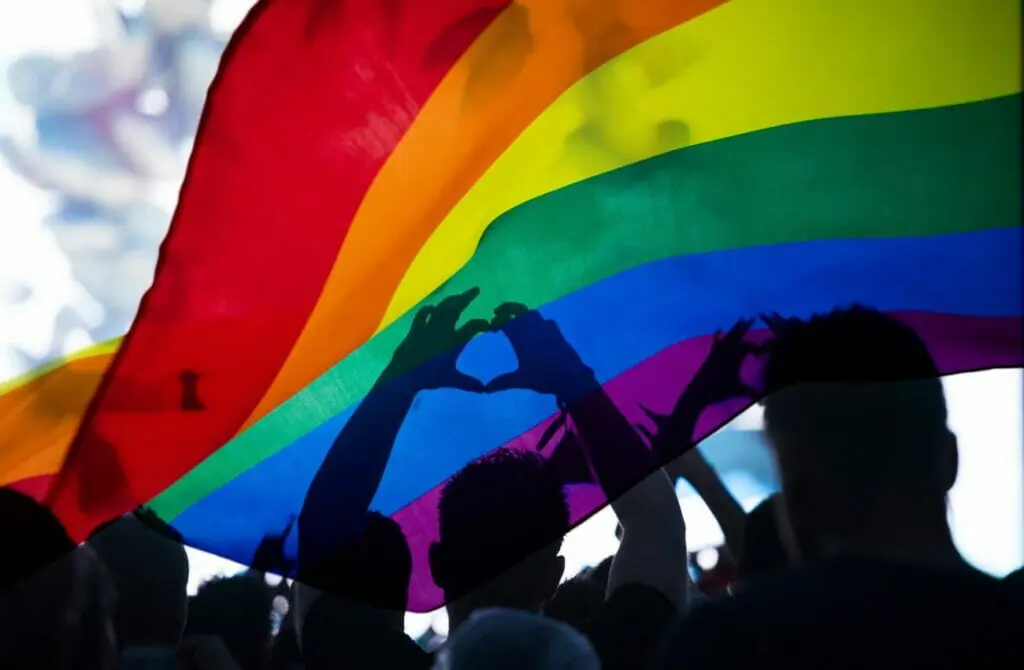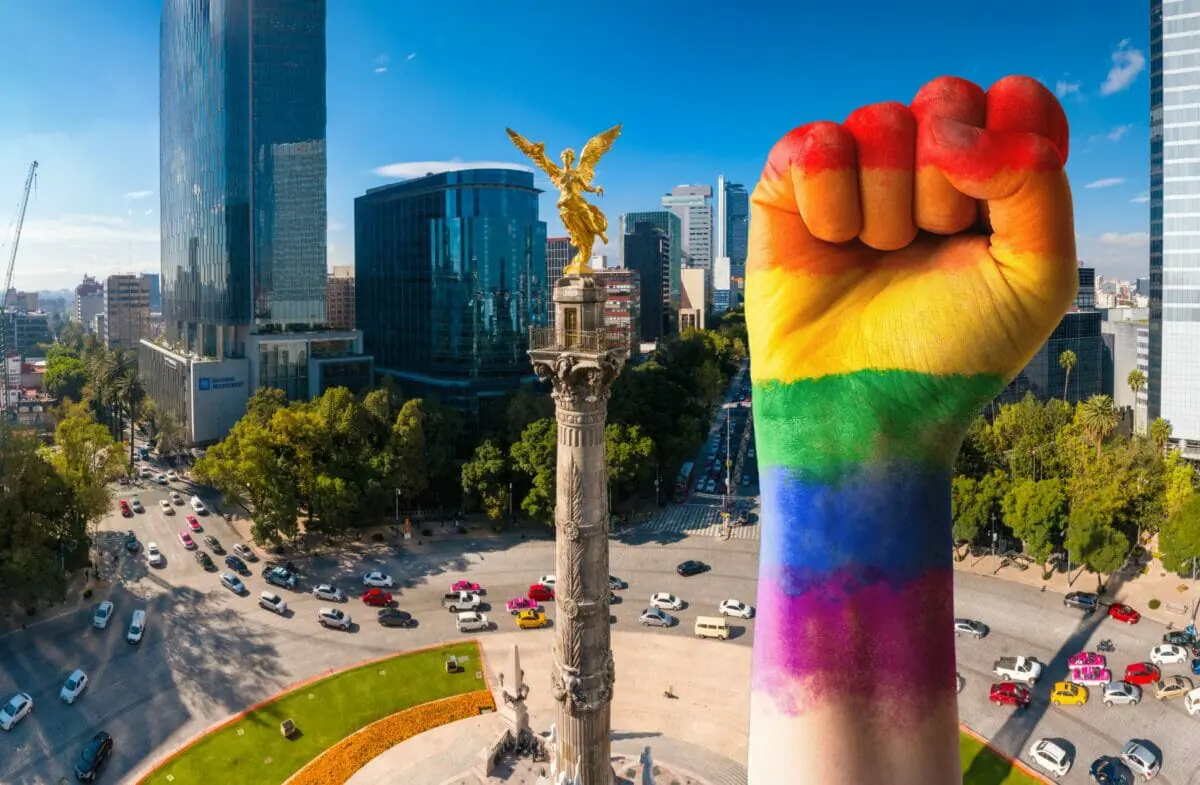LGBT rights in Mexico have progressed significantly in recent years, making the country a more welcoming and inclusive place for both locals and tourists. In 2015, the Supreme Court of Mexico took a major step forward by essentially legalizing same-sex marriage, declaring that any state law restricting marriage to heterosexual couples is discriminatory.
While this ruling does not directly overturn state laws, it does require judges to grant marriage licenses to same-sex couples who obtain a court order.
It is important for travelers to Mexico, especially those who identify as LGBT, to remain vigilant and aware of their surroundings. Despite considerable advancements in legal rights, it is always possible to encounter discriminatory attitudes or behaviors from individuals.
To protect oneself, it is recommended to stay updated on local laws and the social climate, as well as to connect with relevant LGBT advocacy groups for support and information. Situations can change quickly, and information found online may be outdated, so seeking current advice before traveling is crucial.
Local organizations and the development of a Commission to Denounce Hate Crimes are some ways the LGBT community in Mexico has organized to ensure the rights and safety of its members. By staying informed and cautious, travelers can better enjoy their experience without compromising their personal safety or well-being.
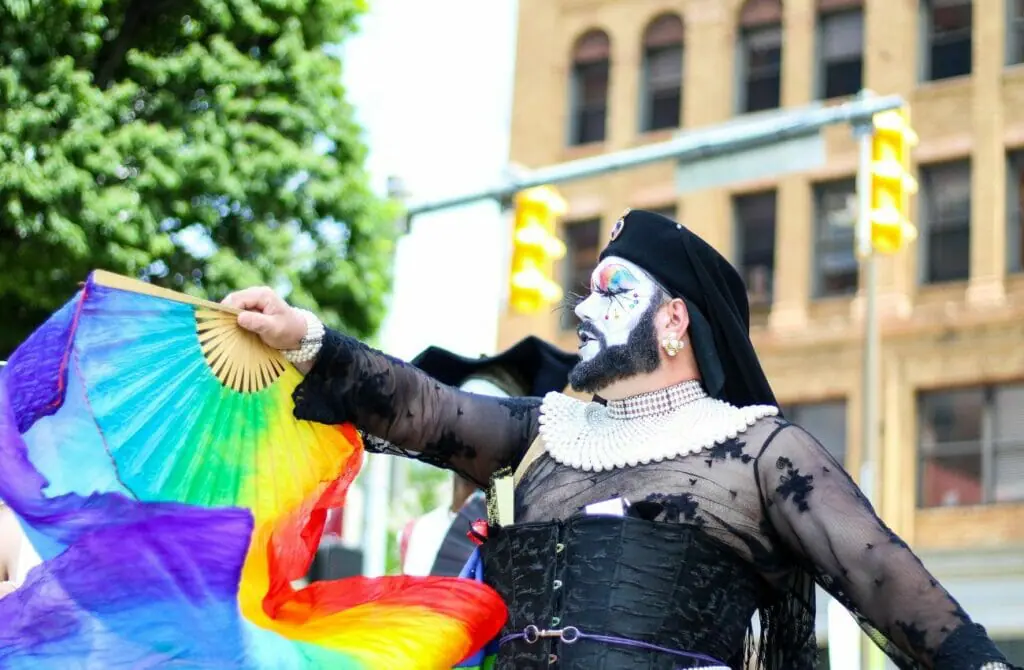
History Of LGBT Rights In Mexico
The history of LGBT rights in Mexico can be traced back to the adoption of the Napoleonic Code in the late 19th century. This Code decriminalized same-sex sexual acts in 1871, following the brief French occupation of Mexico. However, laws against public immorality or indecency were still used to prosecute persons engaging in same-sex acts.
In recent years, the LGBT movement in Mexico has made significant progress in advancing both cultural and political awareness. As a result, LGBT rights have evolved considerably. For example, in 2010, Mexico City became the first Latin American country to allow same-sex marriage through non-judicial means.
However, the situation regarding LGBT rights across Mexican states is not uniform. While some states, such as Mexico City, have progressive laws protecting the community, other states still have discriminatory practices. The United Nations and the Supreme Court of Justice of the Nation have played crucial roles in championing LGBT rights and ensuring equal treatment throughout the country.
When discussing LGBT rights in Mexico, it is essential to consider their implications for both local residents and tourists. Steps to protect individuals include being vigilant and up-to-date on the current political climate in Mexico and the local attitudes toward LGBT issues, especially when traveling to different states. It is also wise to seek advice from LGBT advocacy groups and ensure that the information obtained is current and reliable.
LGBT rights in Mexico have come a long way since the adoption of the Napoleonic Code, and progress continues to be made. However, as with any country, it remains important for individuals to stay informed and aware of the situation for the LGBT community in Mexico, whether they are residents or visitors.
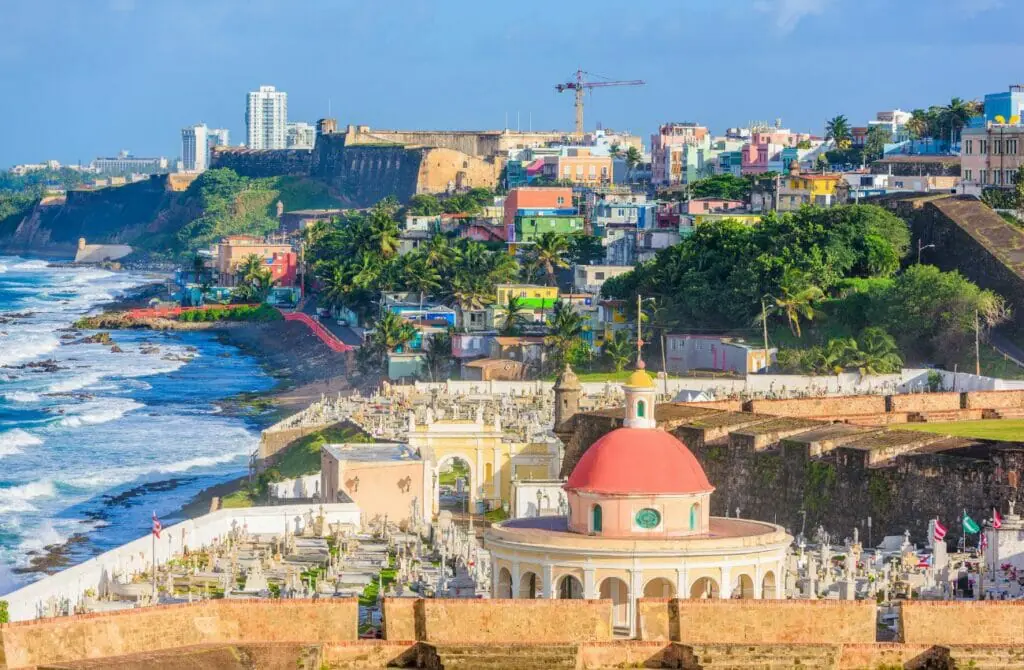
The LGBT Legal Situation In Mexico
In Mexico, the legal situation regarding LGBT rights has made significant progress over the past couple of decades. As of December 31, 2022, all 32 states in Mexico have legalized same-sex marriage through legislation, executive orders, or judicial rulings.
This major milestone came in 2015 when the Supreme Court of Mexico declared that any state law restricting marriage to only heterosexual couples was discriminatory. Since then, judges have been required to grant marriage licenses to same-sex couples who obtain a court order, effectively legalizing gay marriage across the country.
In addition to the recognition of same-sex marriage, Mexico has also taken steps to ensure legal equality for LGBT individuals in other areas. Federal laws have been enacted to prevent and eliminate discrimination based on sexual orientation and gender identity, both in employment and housing. In 20 of Mexico’s states, same-sex couples are also allowed to adopt children, further expanding LGBT rights in the country.
Legal gender recognition is another significant aspect of LGBT rights in Mexico. Since January 2013, thousands of people have sought to change their legal gender in Mexico City alone, and the process does not require undergoing surgery. Mexico is part of the Inter-American Court of Human Rights, which ruled in 2018 that all states must allow transgender individuals to change their name and gender marker on identity documents, bolstering the rights of transgender individuals in the country.
It is essential for both local people and tourists to remain vigilant and keep in mind that the legal situation can change, and there can be bad actors in any country. Situations can change quickly, and information may be outdated, so it is crucial to seek current advice before traveling. Several LGBT advocacy groups in Mexico work to promote and protect the rights of LGBT individuals, and they can provide valuable information and resources.
In summary, Mexico has made substantial strides in ensuring the legal recognition and protection of the LGBT community with respect to same-sex marriage, adoption, and legal gender recognition. However, it is essential to remain updated on the current legal situation and exercise caution, whether as a citizen or a visitor to the country, while promoting the work of relevant LGBT advocacy groups.
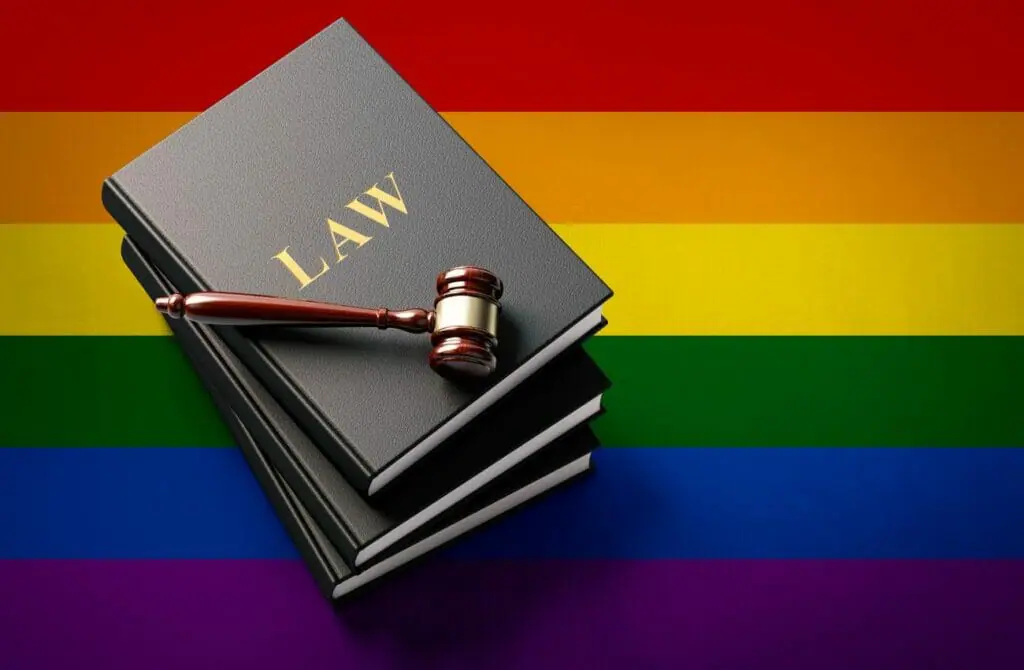

The LGBT Social Situation In Mexico
Mexico’s societal views on LGBT rights have been evolving over time, but discrimination and violence still exist. While homosexuality is legal in Mexico, it is essential for tourists and locals alike to be aware of the current social situation and take necessary precautions when needed.
The influence of Catholicism and machismo culture has traditionally resulted in discriminatory attitudes, with 48% of Mexicans saying they would not be accepting of LGBT individuals. However, visibility has been increasing with events like pride parades and increasing advocacy from local LGBT organizations, signaling a gradual shift in public opinion.
The indigenous Isthmus Zapotecs and the Yucatán Mayas, who had recognized third-gender (muxe) individuals for centuries before the arrival of the Spanish, have a relatively more accepting attitude towards sexual diversity. Nevertheless, societal prejudice is still a genuine concern, particularly in more conservative and rural areas.
Mexico observes the International Day Against Homophobia, Biphobia, and Transphobia on May 17, as well as the National Day of Action Against Homophobia on May 17. These events indicate a growing awareness of LGBT rights. However, hate crimes, violence, and murders against LGBT individuals are still prevalent in the country.
While strides have been made in the legal recognition of sexual orientation and gender identity, transphobia and conversion therapy persist in Mexico. It is crucial for both tourists and locals to stay vigilant and informed of the situations and environments they find themselves in.
LGBT advocacy groups like Cuenta Conmigo and the Mexican Federation of LGBT Business have been active in promoting equal rights and visibility for the community. Tourists and locals alike are encouraged to seek current advice from these organizations and take necessary precautions.
In conclusion, although Mexico has made progress in establishing LGBT rights and increasing visibility, challenges still exist in terms of violence, discrimination, and societal prejudice. It is crucial for travelers to be cautious, remain up-to-date with information, and connect with local advocacy groups for the most accurate advice and support.
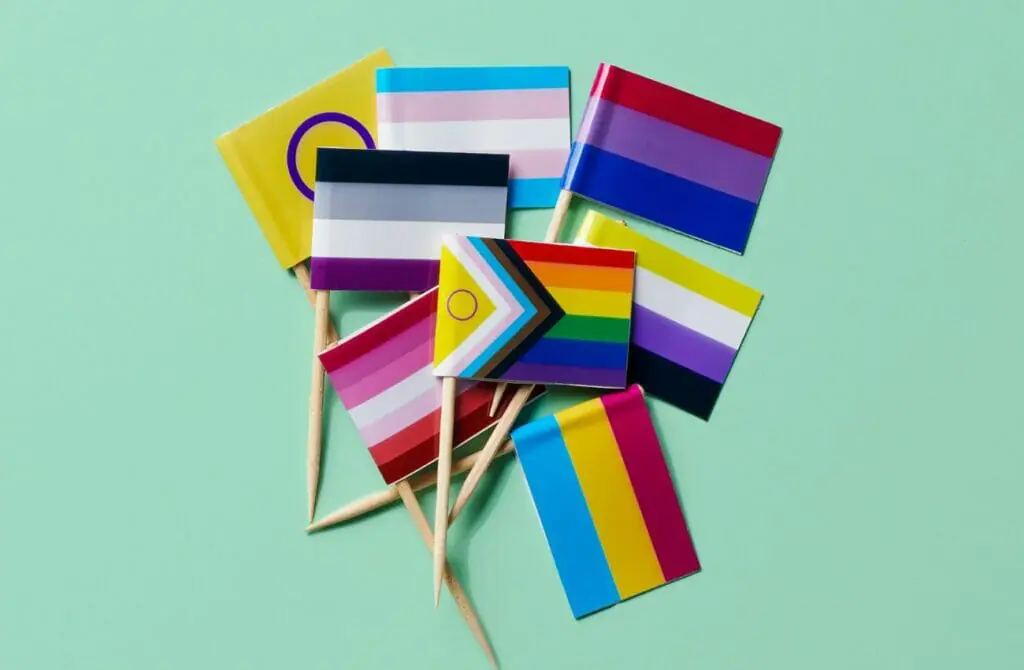
Trans Rights In Mexico
In Mexico, acceptance of homosexuality and transgender identities has a history among various indigenous peoples, such as the Isthmus Zapotecs and Yucatán Mayas. The Isthmus Zapotecs recognize a traditional third gender, known as muxe, which is an intermediate between male and female.
Nevertheless, transgender rights in Mexico vary by state. At present, 10 states allow individuals to change their legal documents to align with their chosen name and gender identity: Mexico City, Coahuila, Colima, Hidalgo, Michoacán, Oaxaca, San Luis Potosí, Tlaxcala, Chihuahua, and Nayarit. On the other hand, 23 states have not yet amended their civil codes to accommodate such changes. Consequently, transgender people in these states face barriers in employment and education and must undergo lengthy legal proceedings to have their rights recognized.
Transgender persons, especially transgender women, are at a higher risk of violence in Mexico. According to reports by the Mexican LGBT rights organization Letra S and the Trans Murder Monitoring project, Mexico ranks second only to Brazil in the number of known homicides against transgender individuals worldwide.
While local transgender people may experience significant challenges, tourists should be cautious and remain vigilant, as situations in different regions can change rapidly. Before traveling, it is essential to seek current advice about the specific destination and be aware that bad actors can exist anywhere.
To further the cause of transgender rights in Mexico, several LGBT advocacy groups actively address their needs. The Mexican LGBT rights organization Letra S is a significant player in this area, working to draw attention to violence against transgender people and promote their rights. In addition, assistance and support from local and international organizations may help to protect and empower Mexico’s transgender community.
It is crucial to strive toward a more inclusive and equal society in Mexico, ensuring that transgender people, regardless of their locality, can live without fear of discrimination and can access their rights to legal recognition of their gender identity.
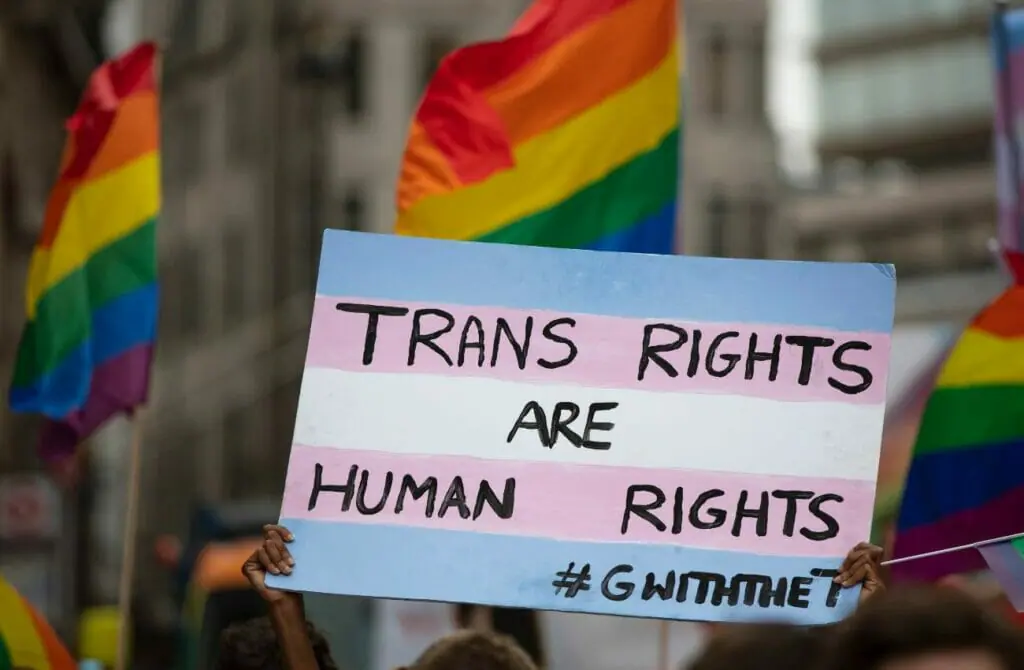

The Future For The Queer Community In Mexico
LGBT rights in Mexico have made significant progress in recent years. As of December 31, 2022, every state in the country has legalized same-sex marriage, whether by legislation, executive order, or judicial ruling. However, only twenty states allow same-sex couples to adopt children. The situation for transgender people is also evolving, with legal gender recognition and gender identity protection emerging as critical issues.
Mexico’s current president, Andrés Manuel López Obrador, and his Morena party have shown some support for the LGBT+ community, but they have also partnered with socially conservative parties in the past. While this raises concerns regarding the continued advancement of LGBT rights, advocacy groups and the LGBT movement in Mexico continue to push for progress.
In recent years, there have been efforts to outlaw conversion therapy and establish legal protections for transgender people in Mexico. Although these goals have not yet been fully achieved, the United Nations and Latin American human rights organizations have urged Mexico to continue working towards improving LGBT+ rights. Transgender women and trans people in general still face significant challenges, including social stigma and lack of access to appropriate healthcare.
For local residents and tourists alike, it is crucial to keep in mind that the situation regarding LGBT rights can change rapidly. Always seek current information and advice before traveling, and remain vigilant, as bad actors can be found in any country. Situations can change fast, and information can be out of date, so staying informed is essential.
Relevant LGBT advocacy groups, such as the Mexican National Council to Prevent Discrimination (CONAPRED), can offer valuable resources and guidance on issues related to LGBT+ rights in Mexico. By engaging with these organizations, both tourists and locals can participate in ongoing dialogues about the future of LGBT rights in the country and contribute to the continued progress towards a more inclusive society.
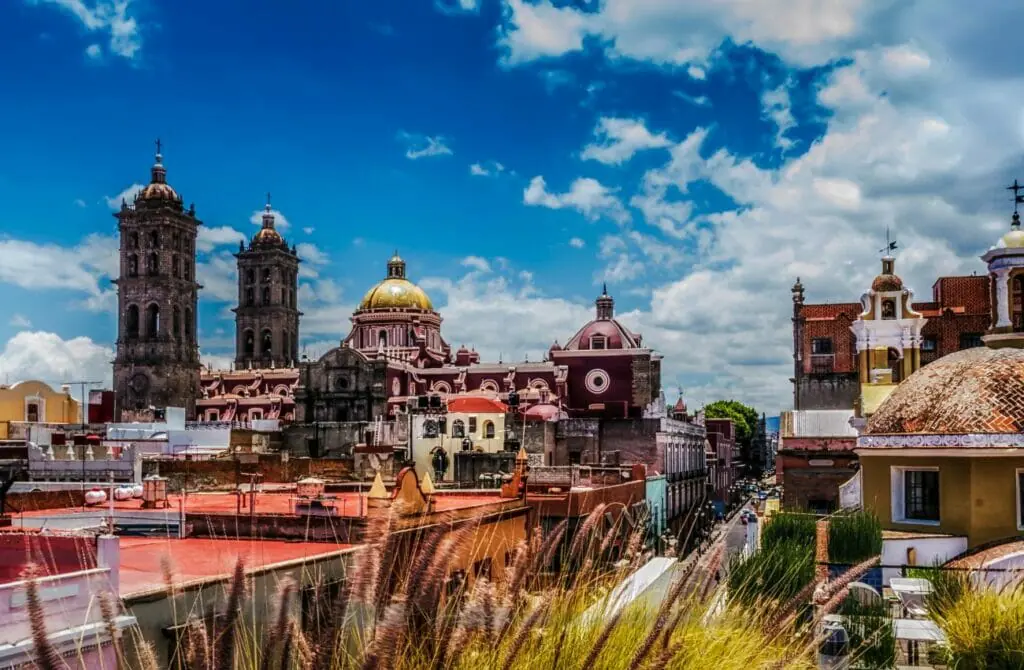
Protect Yourself While Travelling In Gay Mexico
Mexico has made significant progress in terms of LGBT rights, granting legal protection against discrimination based on sexual orientation and gender identity. However, experiences may vary depending on the location and public opinion.
In general, larger cities such as Mexico City, Guadalajara, Monterrey, and Tijuana tend to be more accepting of the LGBT community, while smaller towns or rural areas might hold more conservative views. It is important for travelers to be aware of the local context and take appropriate precautions.
Violence against the LGBT community still occurs in Mexico, and while the authorities have established a commission to denounce hate crimes, it is crucial for individuals to remain vigilant. Tourists and locals alike should be cautious and avoid potentially dangerous situations. If you experience any form of discrimination, violence, or harassment, don’t hesitate to contact local LGBT organizations that offer support and guidance on how to proceed.
In some Mexican states, conversion therapies remain legal. Stay informed about the activities of local organizations that promote such practices and steer clear of them. While enjoying your stay in Mexico, it’s important to be aware of specific local attitudes and potential risks to your safety. Ensuring that you have up-to-date and accurate information on the situation in different regions is essential to stay secure and make informed choices on your travel plans.
Lastly, remember that situations can change quickly, and information may become outdated. Always seek advice from reliable sources before you travel, and remember to connect with organizations advocating for LGBT rights to receive current updates on the state of affairs. By being well-informed and cautious, you can ensure a safe and enjoyable experience in Mexico while also supporting the ongoing fight for LGBT rights and equality.
